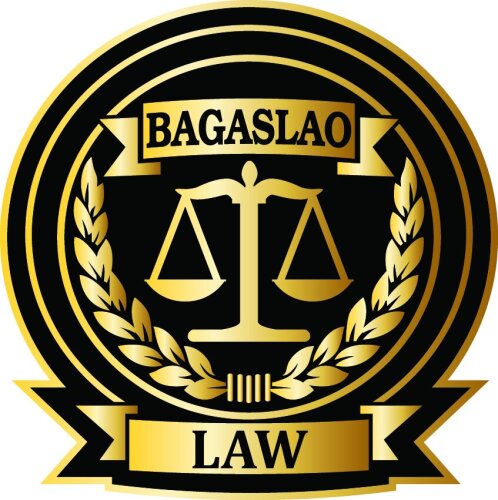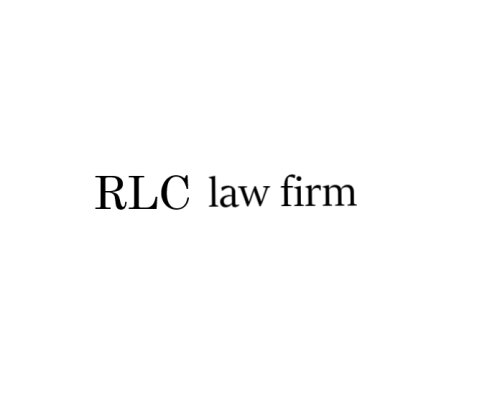Best Nursing Home Abuse Lawyers in Canada
Share your needs with us, get contacted by law firms.
Free. Takes 2 min.
Or refine your search by selecting a city:
List of the best lawyers in Canada
About Nursing Home Abuse Law in Canada
Nursing home abuse in Canada refers to the mistreatment, whether physical, emotional, financial, or psychological, of residents living in long-term care facilities. This form of abuse can result from neglect, inadequate staffing, or intentional harm by caregivers. Given Canada's aging population, concerns about nursing home conditions have increased, drawing attention to the necessity for stringent laws and regulations to protect the elderly. The federal and provincial governments have various regulations in place to safeguard residents’ rights and ensure they receive proper care.
Why You May Need a Lawyer
There are several situations where families might require the expertise of a lawyer in nursing home abuse cases. These include, but are not limited to, instances where a resident suffers unexplained injuries, experiences sudden weight loss, or develops untreated medical conditions. Additionally, obvious signs of neglect, such as poor hygiene, frequent infections, or bedsores, are a cause for concern. In cases where a resident's financial assets are mismanaged or exploited, legal intervention might be necessary to address elder financial abuse. A lawyer specializing in nursing home abuse can help in establishing liability, gathering evidence, and pursuing compensation for damages.
Local Laws Overview
In Canada, both federal and provincial legislation govern nursing home standards and residents' rights. The key legal framework includes the Canada Health Act, which ensures access to necessary health services, and provincial acts like the Long-Term Care Homes Act in Ontario, which stipulate standards for care and resident protections. Provinces have regulatory bodies that conduct inspections and handle complaints about nursing homes. These laws collectively define the requirements for staff qualifications, facility conditions, abuse reporting protocols, and residents' rights, enabling legal recourse for any breaches.
Frequently Asked Questions
What constitutes nursing home abuse?
Nursing home abuse can be physical, emotional, financial, or due to neglect. It includes any behavior that harms or violates a resident's rights.
How do I recognize signs of nursing home abuse?
Common signs include unexplained injuries, sudden mood changes, poor personal hygiene, unexplained weight loss, and financial irregularities.
Who regulates nursing homes in Canada?
Nursing homes are regulated by provincial health authorities, which enforce standards of care and handle inspections and complaints.
What should I do if I suspect abuse?
You should immediately report your concerns to the nursing home management and the provincial regulatory body. Keeping detailed records of any observations is also crucial.
Can I sue a nursing home for abuse?
Yes, if there is sufficient evidence to prove negligence or intentional harm, legal action can be pursued against the facility or responsible individuals.
How can a lawyer help in these cases?
A lawyer can assist in gathering evidence, filing legal claims, navigating regulatory complaints, and representing families in court proceedings.
Are there time limits for filing a legal claim?
Yes, each province has its own limitation period within which a claim must be filed. It's important to consult a lawyer promptly to avoid missing deadlines.
What compensation is available for victims?
Victims may receive compensation for medical expenses, pain and suffering, emotional distress, and, in some cases, punitive damages.
How are nursing home abuse cases resolved?
Cases might be resolved through settlement negotiations, regulatory interventions, or court trials depending on the severity and specifics of the situation.
Is family involvement considered in legal cases?
Yes, family members can provide crucial information and testimony that may influence the outcome of a legal case, especially in cases where a resident cannot communicate effectively.
Additional Resources
Several resources can support those dealing with nursing home abuse issues. These include the Canadian Network for the Prevention of Elder Abuse, provincial regulatory bodies such as the Ontario Ministry of Long-Term Care or British Columbia's Office of the Seniors Advocate, and the Advocacy Centre for the Elderly. These organizations provide information, advocate for residents, and offer legal advice and support to seniors and their families.
Next Steps
If you or a loved one needs legal assistance regarding nursing home abuse, consider scheduling a consultation with a lawyer specializing in elder law or personal injury. Document as much information as possible about the abuse, including dates, times, and any communications with the nursing home staff. Reporting your concerns to the appropriate regulatory authority and retaining an experienced lawyer can significantly impact the resolution of your case. It is also advisable to seek support from local elder care advocacy groups for additional guidance and assistance.
Lawzana helps you find the best lawyers and law firms in Canada through a curated and pre-screened list of qualified legal professionals. Our platform offers rankings and detailed profiles of attorneys and law firms, allowing you to compare based on practice areas, including Nursing Home Abuse, experience, and client feedback.
Each profile includes a description of the firm's areas of practice, client reviews, team members and partners, year of establishment, spoken languages, office locations, contact information, social media presence, and any published articles or resources. Most firms on our platform speak English and are experienced in both local and international legal matters.
Get a quote from top-rated law firms in Canada — quickly, securely, and without unnecessary hassle.
Disclaimer:
The information provided on this page is for general informational purposes only and does not constitute legal advice. While we strive to ensure the accuracy and relevance of the content, legal information may change over time, and interpretations of the law can vary. You should always consult with a qualified legal professional for advice specific to your situation.
We disclaim all liability for actions taken or not taken based on the content of this page. If you believe any information is incorrect or outdated, please contact us, and we will review and update it where appropriate.
Browse nursing home abuse law firms by city in Canada
Refine your search by selecting a city.
















